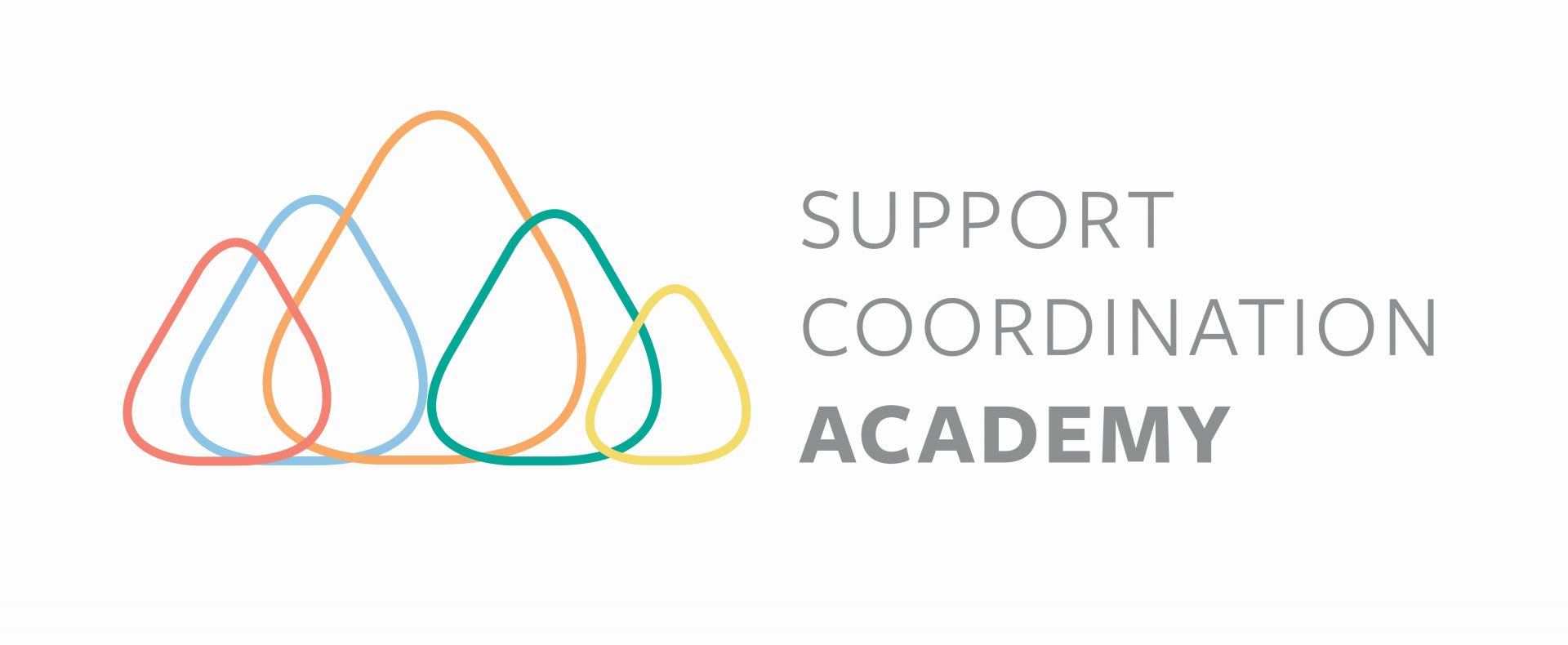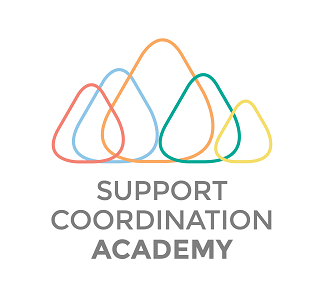Mary Ingerton
Sep 10
Making NDIS Plan Reviews Easier: A Practical Guide for Support Coordinators
Success in NDIS reviews comes down to preparation, collaboration, and structured reporting. The more intentional the process, the easier it becomes to evidence outcomes and advocate for participants’ evolving needs.
NDIS Plan reviews are an essential part of the support coordination journey, but for many Support Coordinators, they can feel overwhelming. The challenge often lies in how to clearly demonstrate evidence of outcomes achieved and provide a strong case for future support needs.
The good news? With structured, best-practice processes in place, Support Coordinators can approach reviews with confidence, ensuring participants are supported effectively while meeting NDIS reporting requirements.
In this article, we’ll break down practical strategies to simplify the process.
Person-Centred Planning: Setting the Foundation
Key areas to explore include:
Understanding participant goals
Impact of disability on daily life
Identifying support networks and gaps
Ongoing Reviews: Building a Collaborative Process
Support Coordinators should:
As a participant’s NDIS plan end date approaches (usually within three months), a formal NDIS Progress Report should be prepared. This report must clearly outline:
Evidencing Support Needs: Turning Information Into Action
Detailing reporting responsibilities in service agreements
Strong collaboration with the participant’s support network
Final Thoughts
To continue building your skills, Support Coordination Academy has partnered with National Disability Services (NDS) to run a series of online facilitated Workshops specifically designed to enhance your professional skills and confidence in the Support Coordinator role.
NDIS Plan reviews are an essential part of the support coordination journey, but for many Support Coordinators, they can feel overwhelming. The challenge often lies in how to clearly demonstrate evidence of outcomes achieved and provide a strong case for future support needs.
The good news? With structured, best-practice processes in place, Support Coordinators can approach reviews with confidence, ensuring participants are supported effectively while meeting NDIS reporting requirements.
In this article, we’ll break down practical strategies to simplify the process.
Person-Centred Planning: Setting the Foundation
At the heart of an effective review of a participant’s support needs is person-centred planning. When first working with a participant, it’s crucial to take a comprehensive “snapshot” of their unique situation. This not only helps set a baseline but also provides measurable reference points for future progress.
Key areas to explore include:
Understanding participant goals
• What do their NDIS goals mean to them personally?
• How do they want to achieve them?
• Are the goals too broad and need to be broken down into more achievable goals?
• Have their priorities changed?
Impact of disability on daily life
Using the NDIS six domains of significantly reduced functional capacity, Support Coordinators can evidence how disability affects everyday tasks like self-care, communication, mobility, self-management or social inclusions.
Identifying support networks and gaps
• Informal supports: family, friends, cultural or religious connections.
• Community connections: social inclusion, passions, and aspirations.
• Mainstream services: health, education, or other government supports.
• NDIS-funded supports: current services, adequacy of funding, and future needs.
Ongoing Reviews: Building a Collaborative Process
NDIS plans aren’t “set and forget.” Regular check-ins are vital to ensure supports remain effective and aligned with the participant’s goals.
Support Coordinators should:
• Schedule regular reviews with participants and their support network.
• Document progress and challenges in real time, making it easier to report on achievements or
barriers a participant may be experiencing.
barriers a participant may be experiencing.
• Facilitate collaborative meetings when multiple stakeholders are involved, agreeing on actions,
identifying barriers and risks, and sharing information and knowledge across the support network.
identifying barriers and risks, and sharing information and knowledge across the support network.
As a participant’s NDIS plan end date approaches (usually within three months), a formal NDIS Progress Report should be prepared. This report must clearly outline:
• Achievements and outcomes since the last plan.
• Barriers encountered and actions taken to overcome these challenges.
• Risks identified and how risk have been managed collaboratively across the support network.
• Future goals and the supports needed to achieve them.
Evidencing Support Needs: Turning Information Into Action
Collecting evidence doesn’t need to be complicated. Two simple strategies can make it significantly easier.
Detailing reporting responsibilities in service agreements
• Encourage providers to include outcome-focused reports (emails, templates, or formal documents)
as part of their standard reporting practice.
as part of their standard reporting practice.
• Reports should cover goals achieved, barriers faced, risk mitigation, and future support
recommendations with clearly aligned outcomes to be achieved.
recommendations with clearly aligned outcomes to be achieved.
Strong collaboration with the participant’s support network
• Being able to evidence collaboration across a participant’s support network with providers, family,
and community, enables a more holistic understanding of a participant’s situation.
and community, enables a more holistic understanding of a participant’s situation.
• For participants with significantly changing needs, formal assessments, such as an Occupational
Therapy Functional Capacity Assessment, aligned with other therapy reports, are often required to
evidence the need for additional or different supports.
Therapy Functional Capacity Assessment, aligned with other therapy reports, are often required to
evidence the need for additional or different supports.
Final Thoughts
Navigating NDIS Plan reviews doesn’t have to be daunting. By using structured tools, maintaining regular communication, and focusing on person-centred evidence, Support Coordinators can make the process smoother, more transparent, and ultimately more effective for participants.
To continue building your skills, Support Coordination Academy has partnered with National Disability Services (NDS) to run a series of online facilitated Workshops specifically designed to enhance your professional skills and confidence in the Support Coordinator role.


